Framing human learning as an “implicately ordered and implicately ordering participation in the flow of now” is a beautiful and profound way to capture its dynamic nature.
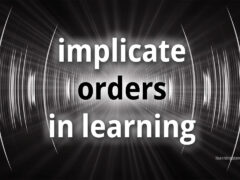

Framing human learning as an “implicately ordered and implicately ordering participation in the flow of now” is a beautiful and profound way to capture its dynamic nature.
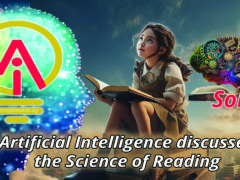
Indeed the established assumptions about the inherent stagnancy of text permanently dictate this offline, strategy-based model of reading instruction.
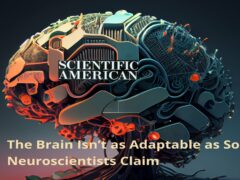
The Brain Isn’t as Adaptable as Some Neuroscientists Claim. The idea of treating neurological disorders by marshaling vast unused neural reserves is more wishful thinking than reality.
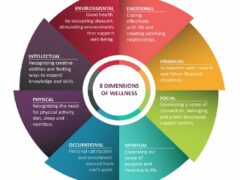
Look at the descriptions of each dimension. Each one depends on our learning. There may be aspects of each that are outside our agency, but within our agency, each one not only depends on our learning it is determined by our learning. This is what we need to learn. We are who we learn to […]
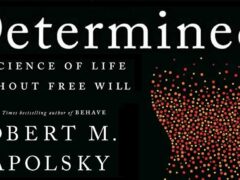
Stanford University professor Robert Sapolsky just released a new book called: Determined A Science of Life Without Free Will How could a field-leading behavioral neuroscientist claim we have no free will? He’s not being tricky. He has scientifically arrived at the conclusion that what we commonly call free will is an illusion. You can get […]
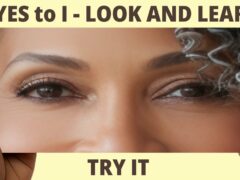
Hold up a mirror and look carefully at your eyes.
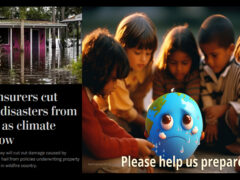
Even if you deny the warnings of climate science, there’s no denying the effects of climate change. Extreme weather has now become so commonplace that insurance companies will no longer cover weather related natural disasters. Think about that. It won’t be long before life, health, property, and even auto insurance premiums will all be more […]
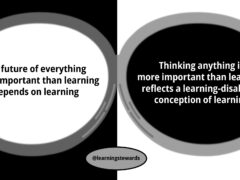
In a recent poll, I asked: “Within their possible agency, what’s more important to children’s futures than how well they can learn?” I gave two quick-choice responses and invited comments: 1 – Some things are more important 2 – Nothing is more important Between LinkedIn and Facebook, the poll received around 10,000 impressions, but only […]
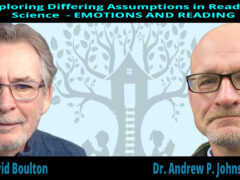
Dr. Andrew Johnson is a Reading Specialist and a Distinguished Faculty Scholar and Professor of Literacy at Minnesota State University. I, David Boulton, am a Learning Activist with Learning Stewards. Dr. Johnson and I have very different views about reading and the process of learning to read. We agreed to learn together and respectfully challenge […]
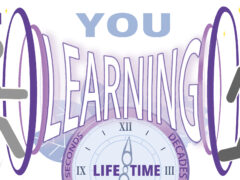
It’s Time to Awaken Your Learning Rewind your life twenty minutes or twenty years. Now ask yourself: “What’s the difference between my innermost me back then, and my innermost me now? What’s the difference in how I am who I am? What about ME has changed?” Now ask yourself: “Within what’s changed, what’s not a […]
